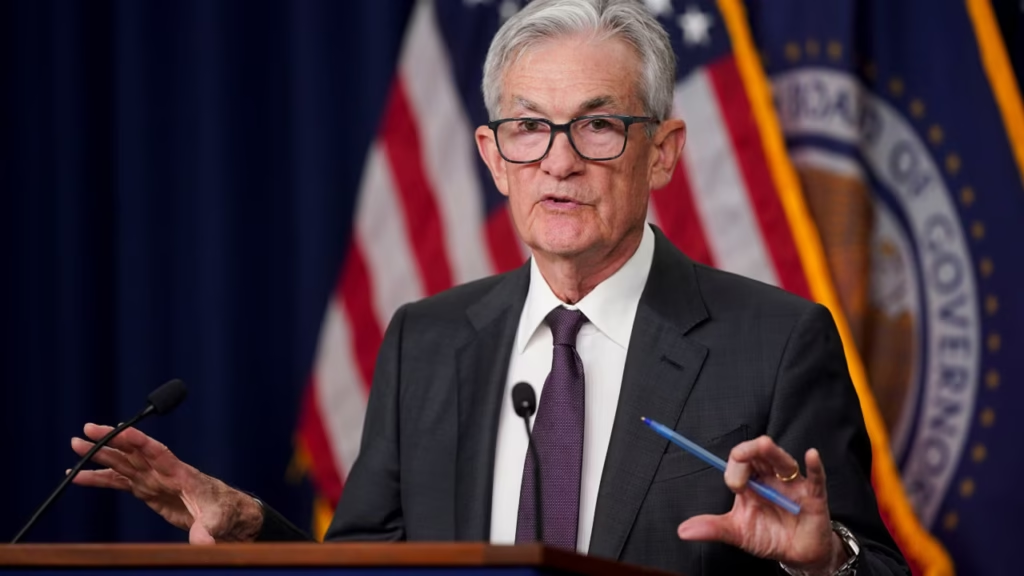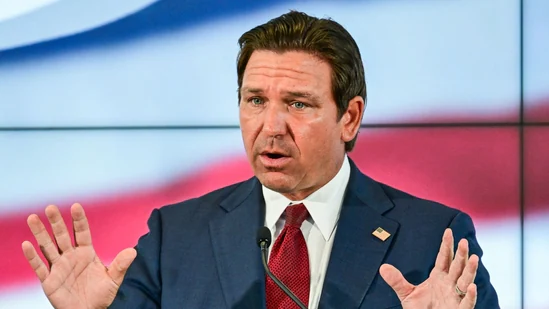Now Reading: What China Thinks About Jaishankar’s Visit: A View into India’s ‘Triple Anxiety’
-
01
What China Thinks About Jaishankar’s Visit: A View into India’s ‘Triple Anxiety’
What China Thinks About Jaishankar’s Visit: A View into India’s ‘Triple Anxiety’

As External Affairs Minister S. Jaishankar concludes his recent diplomatic engagement with Beijing, Chinese state media has been quick to analyse India’s motives. According to their narrative, India is dealing with a “triple anxiety”—managing ties with China, responding to the West’s expectations, and asserting its regional leadership. While this interpretation is shaped by Beijing’s lens, it offers insight into how India’s foreign policy is being viewed across the border.
China’s Reading of India’s Foreign Policy Moves
Chinese commentators suggest that India is juggling too many strategic concerns at once. First, there’s the complex India-China relationship—strained by border tensions and ongoing military disengagement talks. Second, there’s India’s increasing alignment with Western powers like the US, especially through platforms like QUAD. Third, there’s India’s effort to position itself as a voice for the Global South.
From the Chinese perspective, India appears caught between global expectations and regional realities. They argue that New Delhi is trying to balance partnerships without appearing fully committed to any one side—a stance China sees as uncertain.
India’s Perspective: Strategic Autonomy, Not Confusion
On the Indian side, the view is different. New Delhi has consistently emphasised “strategic autonomy” as the guiding principle of its foreign policy. Whether it’s engaging with the US, Russia, or China, India seeks to maintain independent positions based on national interest—not alliances.
This means cooperation with Western nations on technology and security does not cancel out dialogue with China or Russia. While China may frame this as “anxiety”, Indian officials see it as a deliberate and nuanced approach, especially in a world where power dynamics are rapidly shifting.
Why This Matters to Indian Citizens, Especially in Tier 2 Cities
In India’s smaller cities and towns, international diplomacy might seem distant—but it directly affects economic policies, defence decisions, and job opportunities. For instance, how India handles ties with China can impact trade flows, border security, and even tech imports.
Understanding how global powers interpret India’s moves helps ordinary citizens recognise the tightrope India walks. It’s not just about foreign visits and summits—it’s about ensuring national security, global respect, and domestic growth all at once.
Conclusion
China’s portrayal of India’s ‘triple anxiety’ reflects its own strategic priorities, not necessarily India’s internal dilemmas. As Jaishankar continues to engage with global powers, the message from New Delhi remains clear: India will talk to all, lean on none, and stand firm on its own terms. How that plays out will shape not just international equations—but the future India builds at home.

























